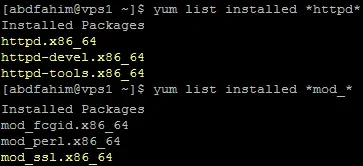That's what i said for my forum's linode usage $40/m VPS but once you factor in disk raid redundancy on a dedicated server, costs are much higher compared to linode heh.At some stage I'm thinking of renting dedicated servers and moving off Linode, but that isn't going to be required for performance reasons for a while yet. Cost-wise it is getting close, and mostly comes down to finding a good dedicated machine provider who is offering good pricing which requires me putting in time on it
example automated linode vps migration when hardware raid fails https://community.centminmod.com/threads/linode-block-storage-early-access.11985/#post-52898
Last edited:
